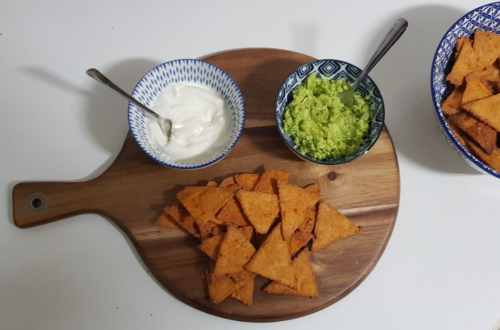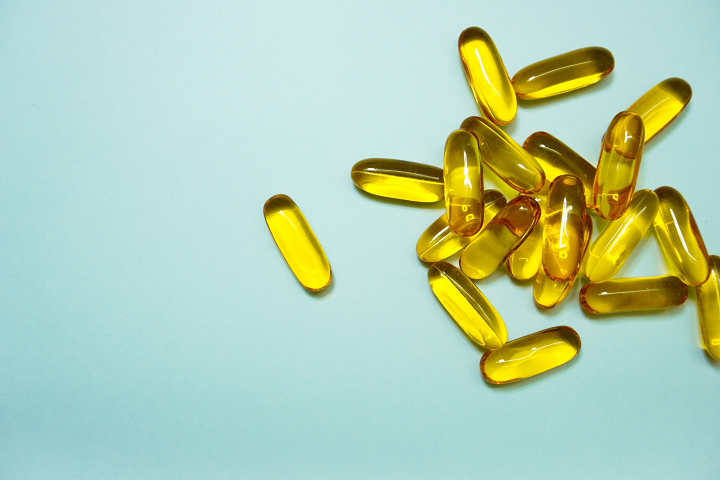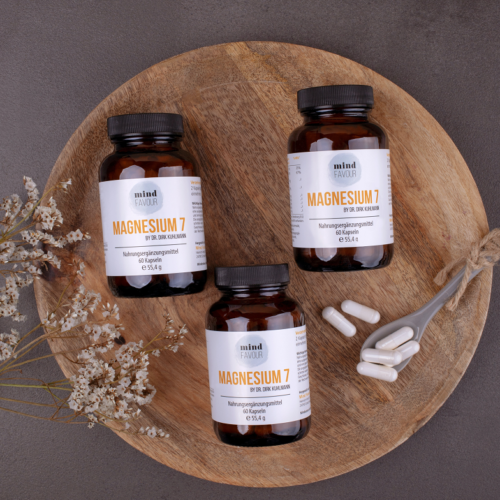5 Main Keto Supplements & Vitamins
This post may contain affiliate links. Learn more.
Deze post kan affiliate links bevatten. Lees meer.
This blog post will focus on the use of Keto supplements and vitamins. The ketogenic diet has grown in popularity in recent years as a result of its possible health benefits and weight loss effects. Individuals adopting a keto diet achieve a metabolic condition known as ketosis. In ketosis, the body primarily burns fat for energy, by substantially reducing carbohydrate intake and boosting healthy fat consumption.
While a well-planned keto diet can supply critical nutrients, certain people may require additional support in the form of supplements and vitamins to adjust to this new lifestyle. In this post, we will look at 5 main keto supplements and vitamins that can help you stick to a keto diet.
1. Electrolytes - Maintaining Balance
When starting a keto diet, the body goes through changes that can impact electrolyte balance. Because carbohydrate intake is reduced, insulin levels fall, resulting in increased urine excretion of electrolytes such as sodium, potassium, and magnesium. It is critical to replace these electrolytes to avoid imbalances and decrease symptoms such as weariness, muscle cramps, and headaches.
One way is to consume foods high in these minerals, such as avocados, leafy greens, and nuts. However, using electrolyte supplements and adding sea salt or himalaya salt to meals or water, can assist in maintaining a more efficient electrolyte balance. If you want to prevent the Keto Flu, it is important to increase your electrolytes intake.
2. Omega-3 Fatty Acids: Some Healthy Fats
As you know, the ketogenic diet promotes the consumption of good fats, and omega-3 fatty acids are an important fat group. These essential fats are important for brain health, inflammation reduction, and cardiovascular function.
While fatty fish like salmon and mackerel are good providers of omega-3s, some people may struggle to get enough from the diet alone. In such circumstances, omega-3 supplements produced from fish oil or algae might be a helpful adjunct to a keto diet to maintain overall health.

3. Vitamin D: The Sunshine Nutrient
Vitamin D deficiency is common, and it can be especially worrying for keto dieters because many food sources of this vitamin, such as fortified milk or cereal, are heavy in carbohydrates. Vitamin D levels must be adequate for bone health, immunological function, and mood modulation.
Sunlight is the best source of vitamin D, however depending on factors such as geographic location and sun exposure, supplementation may be necessary. It is best to consult with a healthcare practitioner to determine the proper dosage of vitamin D supplementation.
4. B Vitamins: Energy & Metabolism
Thiamine (B1), riboflavin (B2), niacin (B3), pantothenic acid (B5), pyridoxine (B6), biotin (B7), folate (B9), and cobalamin (B12) are B vitamins that are required for energy production, metabolism, and nervous system function.
A well-balanced keto diet can provide numerous B vitamins, but some people may require supplementation. This is especially true for persons who have restricted food choices or digestive issues that interfere with nutritional absorption. A B-complex supplement can supply a wide range of B vitamins to help with general health.
5. Magnesium: Keto supplement against muscle cramps
Magnesium is essential for many body activities, including muscle and neuron function, blood sugar regulation, and energy metabolism. Furthermore, magnesium insufficiency is common among keto diet followers due to increased urine excretion and decreased intake of magnesium-rich foods such as whole grains and legumes.
Magnesium supplementation can assist maintain appropriate levels, avoid deficits, and alleviate symptoms such as muscle cramps, irritability, and insomnia.
In summary, a well-planned and balanced ketogenic diet can supply critical nutrients. However, some people may benefit from taking keto supplements and vitamins to improve their health and well-being. Electrolytes, omega-3 fatty acids, vitamins B & D and magnesium are all very important.
Note: this blog is for informational purposes only and it does not provide any medical advice. Please contact your primary healthcare provider to look at your specific situation before starting the keto diet or taking any of the supplements and vitamins.
Amazon and the Amazon logo are trademarks of Amazon.com, Inc. or its affiliates.
Bol.com en het Bol.com logo zijn handelsmerken van Bol.com of haar affiliates.

You May Also Like

Keto Tortilla Chips with Guacamole & Cream
20 February 2021
How To Make Delicious Olive & Rosemary Keto Bread?
16 September 2020

